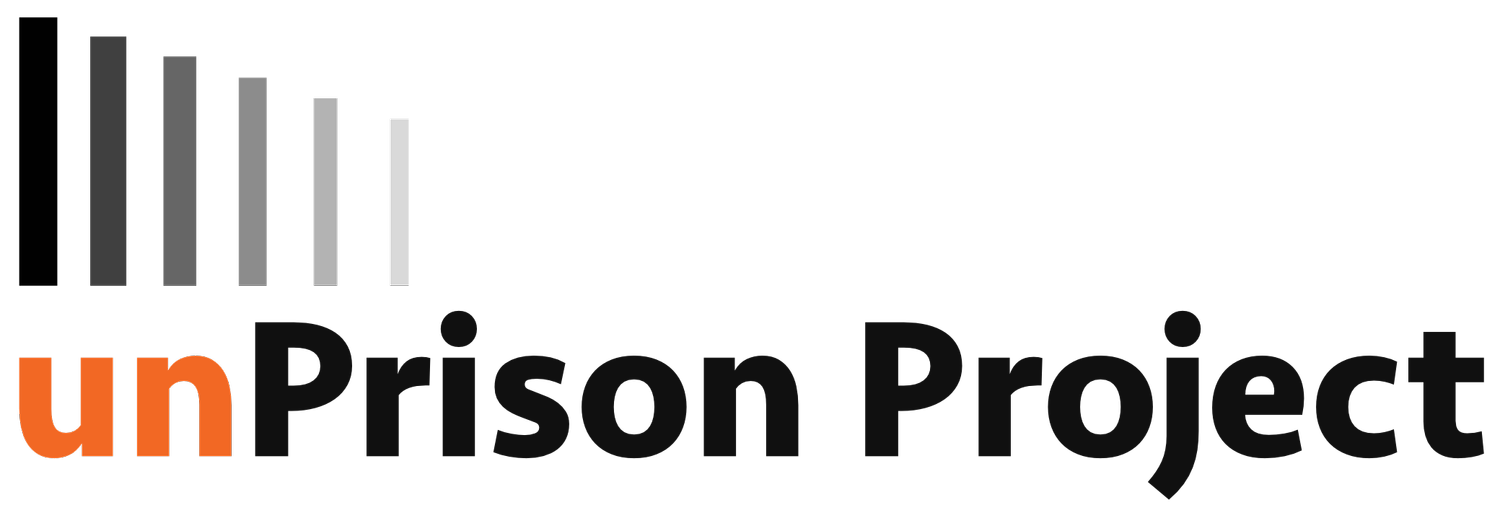Changed Breaths: Jacqueline Mantz Rodrigue
Note: Students’ names have been changed to protect their privacy.
The Prison Education Project (PEP) “aims to educate, empower, and transform the lives of incarcerated individuals.” Many prisons now offer movement and mindfulness programs to help reduce stress, improve mood, and promote physical fitness.
My friend Chanel Nejad and I recently taught a yoga and meditation class via Zoom at a medium-security county juvenile detention center in Riverside, California. This facility houses 44 juvenile males. They are among the nearly 60,000 incarcerated individuals under age 18 in the U.S.
During the seven-week yoga class, we met two young men who will remain forever in my mind’s eye. “Mario,” who attended from weeks one through five, would already be doing push-ups on his light blue mat and clapping his hands together when we logged on. He was full of energy but settled down when we began breathing in through our nose and out through our mouths.
Yoga is not simply a workout. Yoga is a philosophy that can teach people how to live life in a positive manner. Every week we reviewed a portion of the eight limbs of yoga, moved into asanas (poses), and finished with a meditation exercise.
“You going to show us some harder poses this time?” Mario asked when we returned for the second session. “I really liked doing this yoga stuff.” The yoga philosophy apparently resonated with him.
“Ya know, I might use this yoga and meditation stuff with my girl as we kinda have a toxic relationship,” Mario said matter-of-factly. Our class felt like a home of stretching, peace, and breath where we honored the light in one another.
The fifth week of class Mario was gone. One of our new students, “Tony,” paid rapt attention as we reviewed the basics of yoga and meditation. As we finished with a visualization meditation on finding one’s happy place, Tony bowed his head and said reverently, “Namaste, I appreciate you both and I’ll be back next week. I get out soon and I want to learn as much as I can so I can be there for my daughter.”
Chanel summed up our class with these words she wrote to me recently:
“Jackie and I were able to teach lessons of gratitude, mindfulness, and the importance of daily movement. These weekly lessons created an opportunity for our students to learn and give themselves self-care, peace, and love. We showed our students that they themselves — and no one else — are in control of their happiness and their outlook on life. The students opened their hearts up to us, showing us their inner light, and honoring the light within Jackie and myself — they actively practiced the concept of ’Namaste.’ For this reason, and many others, leading this course with Jackie has been one of the most fulfilling experiences of my life.”
Dr. Jacqueline Mantz Rodriguez is a high school teacher, volunteer teacher for the Prison Education Project, and a certified yoga and social emotional learning facilitator through Breathe for Change. For more information on Breathe for Change’s resources, visit https://www.breatheforchange.com/. For more information on how to support PEP please visit http://www.prisoneducationproject.org/index.html.

